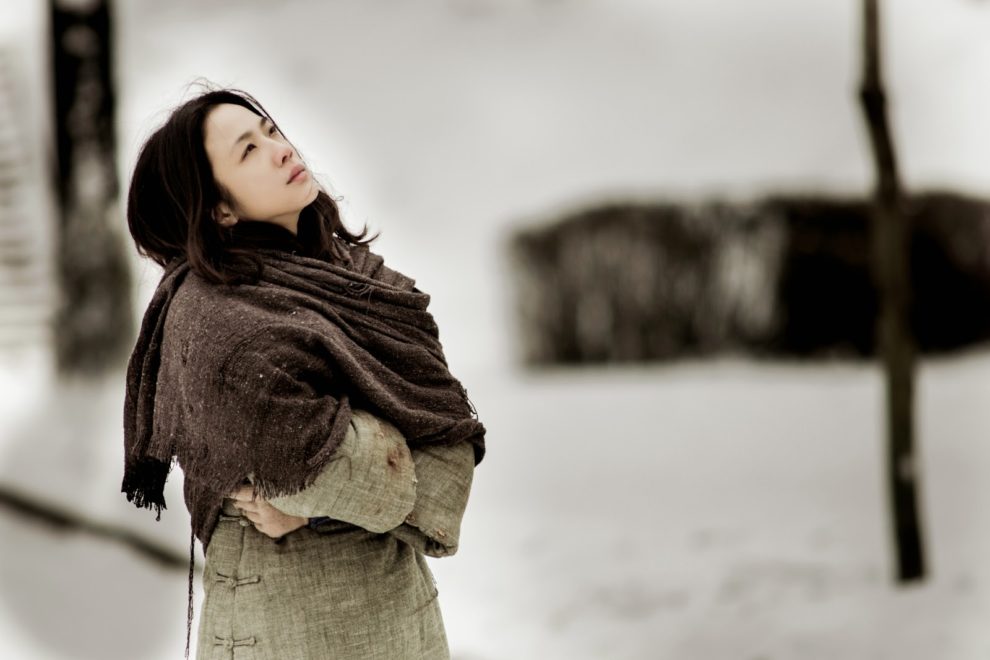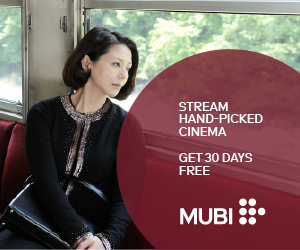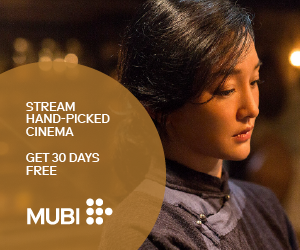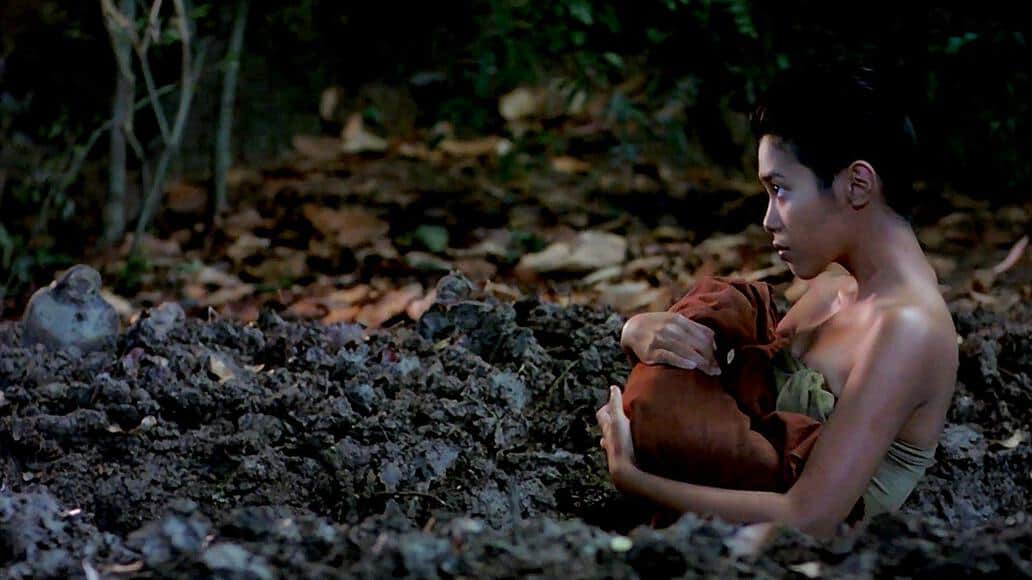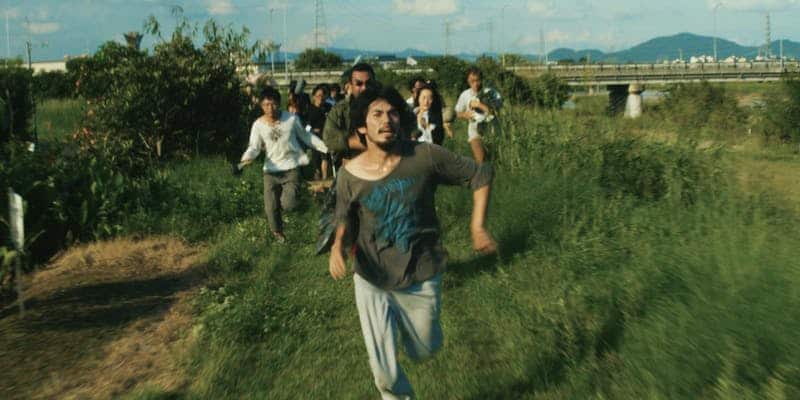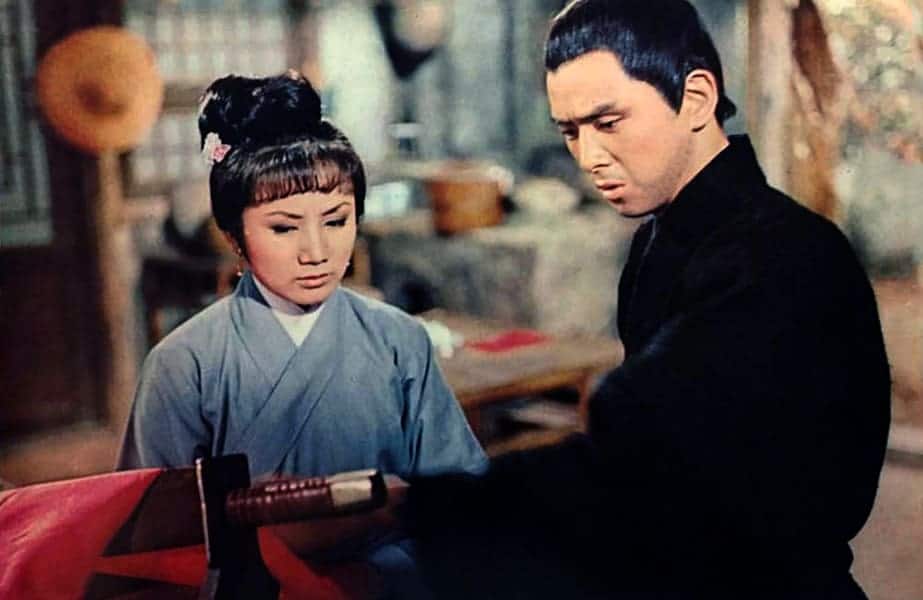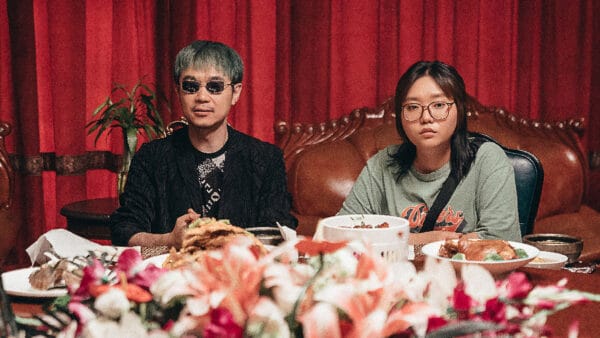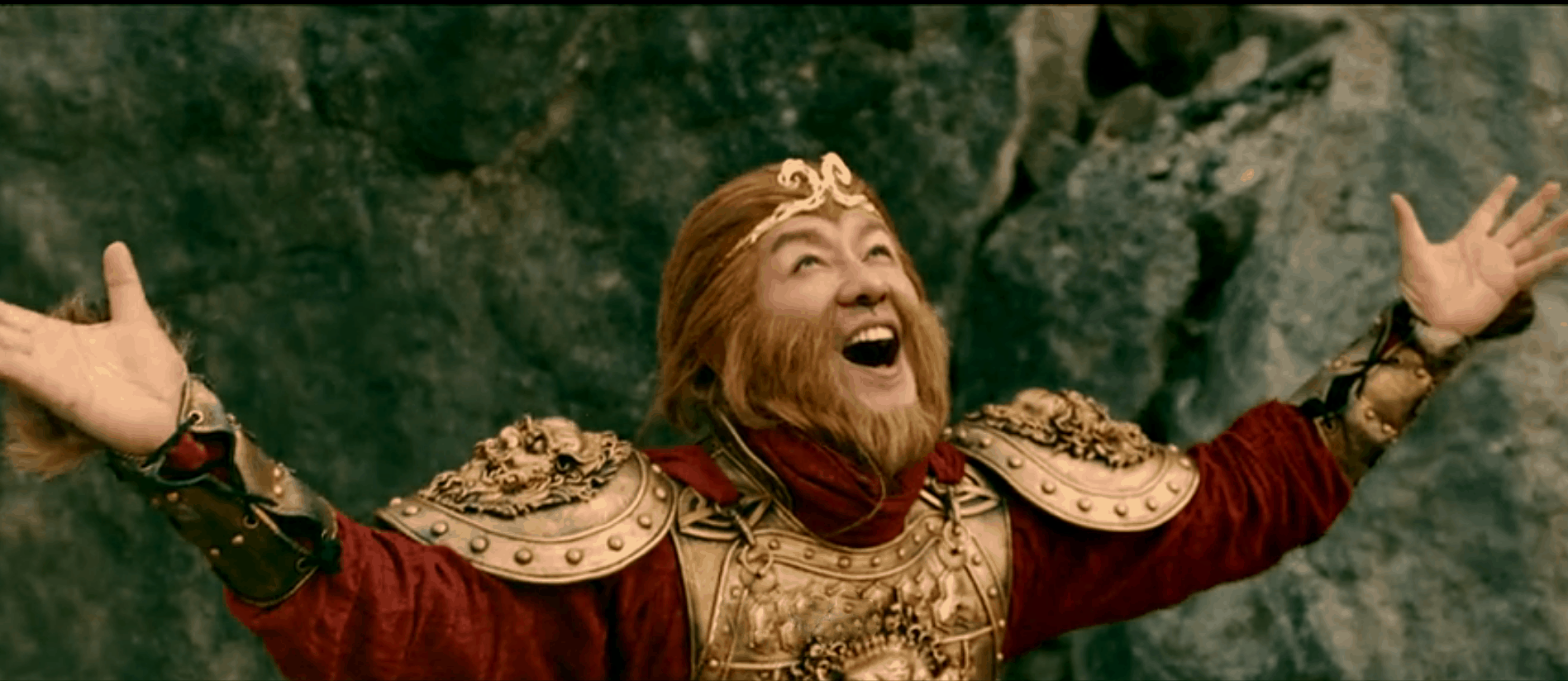On the occasion of the centenary of her birth, China rediscovered Xiao Hong, one of the finest and more innovative literary figures of its cultural heritage who had been overlooked for a while, perhaps because of the novelist's notorious lack of interest in the political events unfolding around her. Director Ann Hui's ambitious project to narrate and celebrate the short and troubled life of the artist took a long time to take off, and it was finally presented at the Venice Film Festival – a place that always had a soft spot for the Hong Kong director – where “The Golden Era” closed the 2014 edition.
“Cenote” is streaming on MUBI
Unconventionally narrated, “The Golden Era” is a collage or – better – a puzzle of accounts from different people orbiting around Xiao Hung's life, family members and fellow writers and editors, often talking directly to the camera. The first to break the fourth wall is Xiao Hung herself (Tang Wei) in a stark black and white shot, informing us as an introduction, that she was born in 1911 and died in 1943 at the young age of 31. Originally from Manchuria, Xiao had a difficult upbringing with a “mean and aloof” widowed father, brightened only by her loving grandfather who sadly passed away early. When the father arranges a marriage for her, she refuses to follow the patriarchal rule and elopes with a cousin to the shock and scandal of the family. It doesn't last long and Xiao ends up having an affair with the same man of the arranged marriage, an opium addict living in a swanky hotel in Harbin who soon ditches her, pregnant and with a massive hotel bill to pay. Trapped by the creditor hotel owner, she resorts to writing a letter to the International Gazette paper pleading for help and this is how she meets the love of her life, the young writer Xiao Jun (Feng Shaofeng). It's a proper coupe de foudre, both physical and intellectual and as soon as she manages to comically escape her prison and dramatically give her baby for adoption, the two starts an intense relationship that will last for 5 turbulent years in which Xiao Hong will move to few different places.
In Shangdong, she develops an affectionate rapport with prominent literate Lu Xun, (Wang Zhiwen) who always supported her work, and later in Shaanxi a sincere friendship with fellow writer and Communist Party enthusiast Ding Ling (Hao Lei). Eventually, after a harsh break up with Xiao Jun, she marries the writer Duanmu Hongliang (Zhu Yawen) in Wuhan and the couple flees to Hong Kong, trying to escape the Japanese invasion that will soon catch up with them and will be the horrific backdrop of Xiao Hong's death by tuberculosis in 1942.
Working on a screenplay by Li Qiang, Hui has created an ambitious experimental ensemble where conventional narrative and timelines are set aside in favour of a more intuitive and, in a way, subconscious storytelling. Time sequences are scrambled here and there, not as a conventional flashback but more as a way to give the audience a non-linear key to unveil the story. In the documentary style beloved by the director, the novelist's peers talk to the camera, some in retrospect, some in real time. Consequently, some of the pivotal events in Xiao Hung's life are described from different and often contrasting perspectives, in a Rashomon style, to highlight the elusiveness of an account based only on letters and people memories. In fact, many parts of the writer's life are still obscure and controversial today, and the film narrative reflects the pieced-together nature of this legendary woman's private life.
Doing so, “The Golden Era” certainly requires full attention and challenges the audience with its purposely unhurried pace and a lengthy 2-hour-57-minute duration, but at the same time enchants and draws the viewer into a captivating story that unfolds in parallel with the tumultuous period in Chinese history that saw the rise of the Communist party and the invasion by the Japanese. However, Hui – being Hui – doesn't indulge in sharp historical accounts or firm political stands but, as for the director trademark style, her gaze is firmly set on people's lives and the everyday struggles those historical events impose to them. This mundanity is often conveyed in her films by the food and food preparation and the accuracy and detailed depictions of tools and implements. Here, in the first part of the narration, Xiao Hong's hardship is often represented by a physical, almost tangible sense of cold and hunger. She is ludicrously stuffing herself every rare moment an abundance of food is available and the constant layering of clothes, old coats, rough knits takes a big part of the visual. Then in the more comfortable part of her life, slowly the suffering is interiorised and infuses her whole being.

Inevitably, this intense focus on “Xiao Hong, the person” tends to create an absence of “Xiao Hong, the writer”. In fact, the substance and nature of her literary work is only hinted here and there, mainly in comparison with Xiao Jun, as we are informed about his tainting jealousy for her writing, considered by many more emotionally ripe. For this lack, the film has been sometimes criticised of penalising non-Chinese audience but, on the contrary, it has the power of sparking curiosity for this trailblazing novelist little known in the West, and polarising attention.
Clearly a character-centred work, “The Golden Age” spins around the strong and determined performance of Tang Wei who, with great subtlety, seems to keep her Xiao somehow detached; a dreamy slippery figure, certainly consistent with the fragmented narration and the idea of a problematic recollection of her real life. A mysterious aura is also created by frequent beautiful shots from behind or through multiple frames. Renown for her meticulous period reconstructions based on photos, interviews and printed sources, Ann Hui's production is a splendid sketch of the time, enriched by the many changes of location, following Xiao Hong's tribulations. The cinematography by Yu Wang, despite being toned down and restrained by the modesty of the times, is one of the best assets of this film.
What distinctly emerges from “The Golden Era” is the portrait of a modern woman who refused all her life to conform with the patriarchal models and expectations imposed on her and bravely channeled the struggle of her demanding choices into a brilliant, creative flow.


